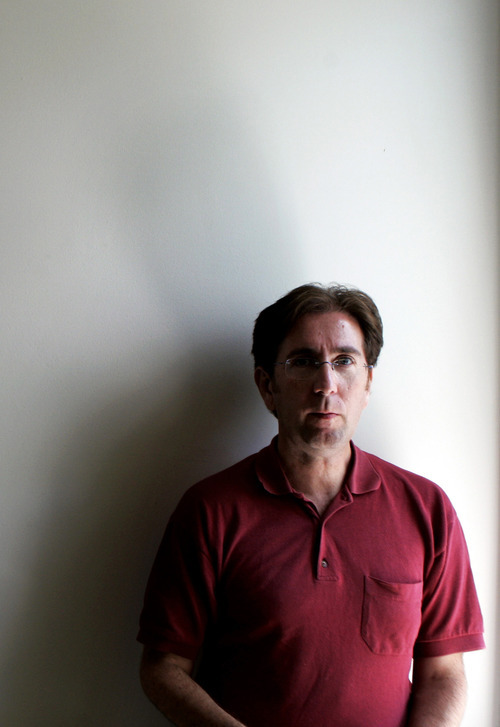
D. T. Max’s long-awaited biography of David Foster Wallace, Every Love Story Is a Ghost Story, has been the end-of-summer book for readers of literary fiction. It has inspired countless reviews, conversations, and online outbursts (most notably, perhaps, Bret Easton Ellis’s vituperative series of tweets). Max first told Wallace’s story in 2009, in a fascinating piece in The New Yorker. In tackling the story of Wallace for this full-length biography, Max was taking on a writer whose fiction and essays have made many see him as the voice of a generation—while others blame him as the source of the prose style of the internet and the new, post-ironic sincerity of innumerable young writers and publishing organs. He was also taking on a life darkened by a decades-long struggle with depression and cut short by suicide. Max somehow manages to tell a compelling story that peels back the public image of Wallace without stripping it bare, creating a portrait of a troubled and gifted man who crafted some of our time’s best writing and giving readers a fuller sense of the relation of the work to the life. —Samuel Cohen
THE BELIEVER: I saw a tweet tonight by Commentary’s John Podhoretz that read: “Unsurprising to me: David Foster Wallace was a voting conservative” and linked to a review of your biography that mentioned Wallace’s having voted for Reagan. There’s a lot to say about Podhoretz being the tweeter of this tweet, but for now I’m more interested in your thoughts on what has been one of the book’s more discussed revelations, and the larger question of Wallace’s politics. Was it a surprise to you to learn this about him? How significant do you think it is—to your sense of his politics and to his work?
D. T. MAX: Everyone is surprised by this—as I think they will be by the revelation that DFW ate two lobsters at the Maine Lobster festival in the midst of writing—well at least cogitating—the dubious morality of shell fish consumption in Consider the Lobster, his 2004 essay for Gourmet. What can I say? That people are complex? That DFW contained multitudes? I think a couple of things are worth pointing out. David was not really political—at least not in the normal sense until he met Karen Green, his wife, in 2002. By which I mean he had only an ordinary interest in who ran things. But I have hundreds of his letters and I don’t remember seeing a mention of Reagan or Clinton or Monica Lewinsky or the Contract for America. Nothing. So sometimes a vote is just a vote—his...
You have reached your article limit
Sign up for a digital subscription and continue reading all new issues, plus our entire archives, for just $1.50/month.
Already a subscriber? Sign in




